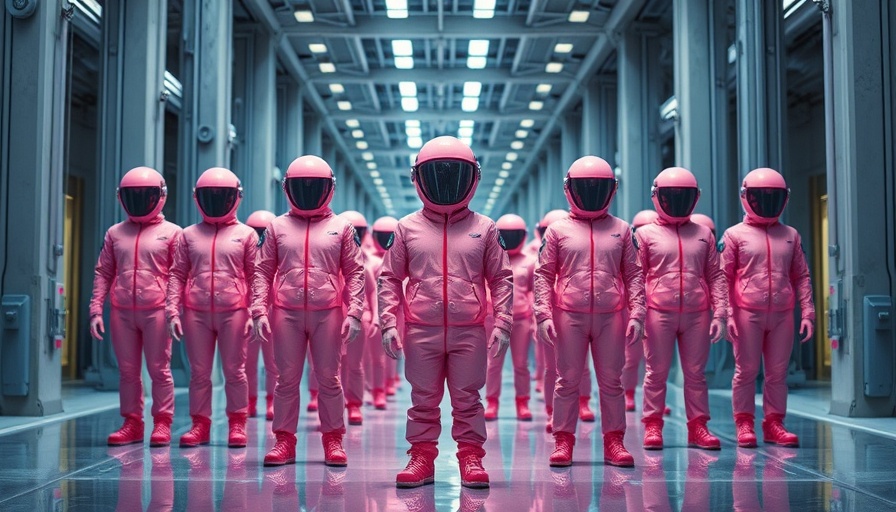
Duolingo's AI Transition: A Sign of Things to Come?
Duolingo's recent announcement to prioritize AI integration marks a pivotal moment in the landscape of technology and labor. This shift, as reported in TechCrunch, indicates a broader trend where AI may be replacing human workers, making many question the viability of job security in sectors thought to be safe paths for professionals, especially recent graduates.
The Evolving Employment Landscape
As companies like Duolingo adjust their operational strategies to be "AI-first," the implications for employment are significant. This transformation is indicative of a larger crisis for jobs involving white-collar tasks that traditionally relied on human intervention. The ramifications extend beyond the initial layoffs; they create an environment where job seekers may find their skills less relevant in the current market. The trend suggests that AI might not just be reshaping tasks but significantly impacting hiring practices, potentially favoring tech skills over traditional roles.
The Growing Concerns for Recent Graduates
The unemployment rates for recent college graduates have raised red flags, with many individuals entering a labor market that is increasingly challenging. According to studies, a notable cause may be the rising adoption of AI, which can accomplish tasks that were historically the first jobs for new professionals. The evolving companies prioritize automation arguably hampers entry-level opportunities as the focus shifts from hiring multiple workers to relying on AI capabilities, a trend that seems to support the 'gig economy' model where human labor is more of an accessory than a necessity.
Executives and AI: A Matter of Control and Cost
Journalist Brian Merchant highlights the motivations behind these corporate decisions. Executives are often driven by the desire to cut labor costs, consolidate power, and bolster profits by minimizing their workforce. The significant shift to AI should prompt scrutiny of business practices and the ethical dilemmas therein. Instead of an AI-driven "jobs apocalypse," it's a conscious choice many organizations are making while showcasing progress in technology as their rationale.
Alternative Perspectives: Is it All Bad?
Not everyone believes the rise of AI is inherently negative. Proponents argue that AI could free human workers from mundane tasks, allowing for more creativity and innovation. The argument follows that with the transition phase in place, new types of jobs may emerge—roles that complex algorithms cannot fulfill. Must the conversation be only about job loss? Could it shift to how we can train the current and future workforce for new kinds of careers?
Preparing for an AI-driven Future
As the tech industry continues to evolve, how can existing workers prepare for an AI-dominant landscape? Firstly, ongoing education—especially in tech-driven fields—will be crucial. Upskilling in data literacy, coding, and AI management will make candidates far more appealing to employers reluctant to let go of human insight completely. Companies should also invest in developing stronger human-AI collaborations, not merely viewing AI as a replacement for job roles.
The Human Element in Technology
Despite automation's rise, preserving the human element of creativity and empathy in jobs should remain a priority. A stark reminder is that technology should augment our capabilities rather than overseer our labor. Conversations around the importance of personal touch in customer service and other fields must remain vibrant even as AI becomes widespread.
Concluding Thoughts: A Call for Discussion
The rise of AI presents numerous challenges and opportunities that necessitate further discussion. For recent graduates and job seekers, navigating this new terrain will require adaptability and forward-thinking strategies. As we witness the shift, it’s crucial to halt and consider how individuals can effectively align their skills with what is demanded in this fast-evolving job market.
Now is the time for action; individuals and organizations must strategize on how to maneuver through impending changes in the job landscape. Are you prepared for an AI-driven future?
 Add Row
Add Row  Add
Add 



Write A Comment